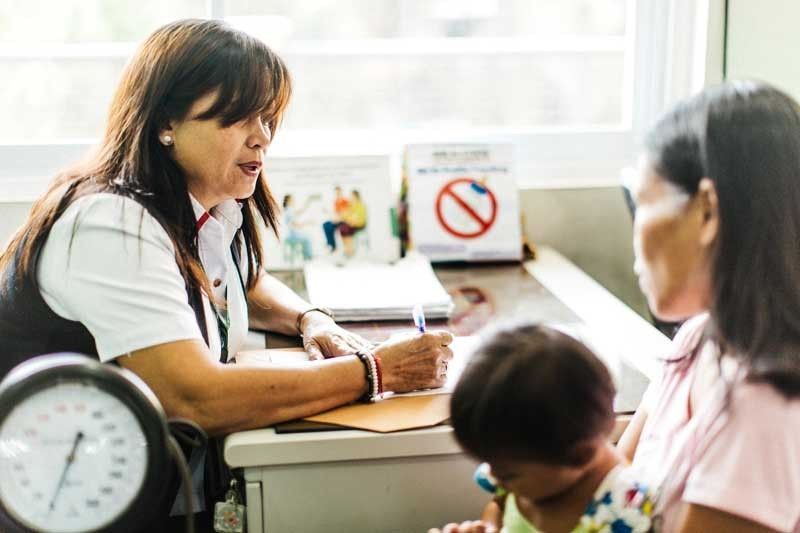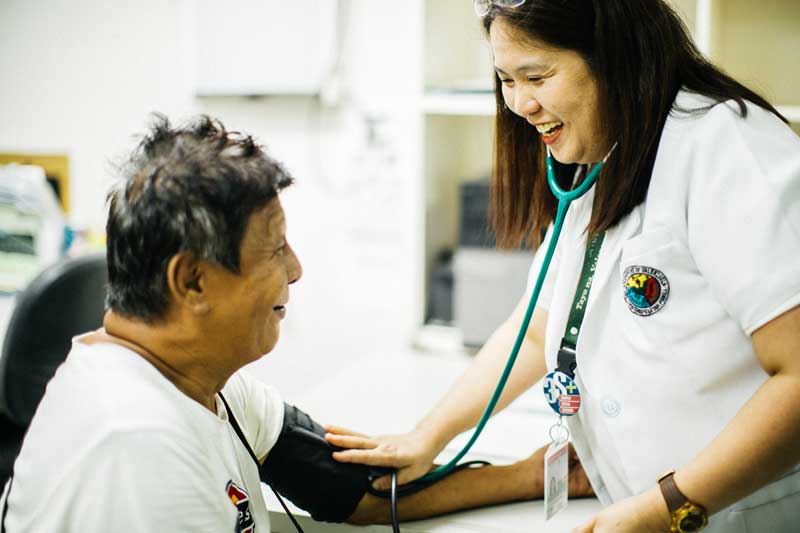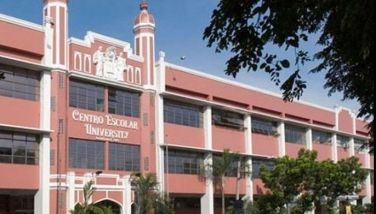Who cares about UHC?

MANILA, Philippines — Around the time that Andres Bonifacio and his band decided to tear their cedula and challenge Spanish rule, the Philippine islands were estimated to have 7.8 million inhabitants. Malaria, cholera, beriberi, dysentery, tuberculosis, and smallpox were ravaging the population. When flags changed and Spain ceded our islands to the United States, the new administrators became aware of this situation, and started to use health status as an indicator of the nation’s growth. Filipino achievements and development towards self-rule were measured according to the progress of the public health system.
The Philippine experiment towards complete independence moved forward, only to be interrupted by larger shifts on the world stage. The Second World War challenged the priorities of the colonial masters and landed destruction and despair on our shores. Similar to the devastating effects of war elsewhere, a systems reset took place.
Within the same decade that the United Nations was established, Nation States — including the independent Republic of the Philippines — declared, “the enjoyment of the highest attainable standard of health is one of the fundamental rights of every human being.” Our very own Dr. Hilario Lara (after whom the building of the UP Manila College of Public Health is named) said during the deliberations that we must face squarely the problems to be solved in the field of health if the peoples of the world were to live together.
Philippine law thus started adopting the principle of the right to health. The current 1987 Constitution enshrines the principle that health development should make essential goods, health and other social services available to all the people at affordable cost, with priority for the needs of the vulnerable — even endeavoring to provide free medical care to the poor. The World Health Organization calls this “universal health coverage” or UHC, where all people have access to quality health services (from prevention and promotion, to treatment, rehabilitation and palliation) without suffering the financial hardship associated with paying for care.
If the principles for UHC have long been laid as the foundation of Filipino society, why is it then that government and its partners are making a big deal out of the new Republic Act 11223 or the Universal Health Care (UHC) Act of 2019?
Who cares about UHC? We all should! We do talk about UHC, each and every time we ask these two questions concerning illness: “Will I get well?” and “How much will I pay?”

UHC is about providing people-centered and integrated health services, from health promotion and disease prevention, to treatment, cure, rehabilitation, and palliative care. (Photo courtesy of WHO Philippines and DOH)
The single answer to these two questions has always been — “it depends on who is seeking care and how much he or she can pay.” This has persisted over the years, with policy architects and operations people trying their best to offer solutions — yet not quite as successful as they would want. The complexity of our society in general and the health system in particular makes it difficult to align the various incentives for the many actors (patients; doctors, nurses, midwives and other health workers; hospitals, clinics and institutions; health maintenance organizations, etc.) to behave in certain ways that will deliver high quality health services at the lowest possible cost to the Filipino family.
By the time the US began debates on an Affordable Care Act that would expand affordable health insurance to more people, we Filipinos have already had a National Health Insurance Program (more commonly known as PhilHealth) for over ten years. PhilHealth is supposed to “serve as the means for the healthy to help pay for the care of the sick and for those who can afford medical care to subsidize those who cannot” — and yet more than half of the health care bill is still paid by Filipinos out of their own pockets. Often, the answer to “Magkano ang babayaran ko?” determines whether or not “Gagaling ba ako?”
The latest iteration of possible solutions — the UHC Act of 2019 — is something we should be aware of and that we should zealously watch as it gets implemented. It is much more than a “PhilHealth Law.”
Perhaps our legislators have learned from the results (or lack thereof) of previous efforts, such that the UHC Act that they crafted is quite realistic. No instant solutions are prescribed; there is even room for a controlled roll-out of policy changes. Everyone realizes that there will be more questions down the line, long after the ink of the President’s signature has dried.
We are almost 110 million in population now, and while infectious diseases remain a concern, we face new epidemics of noncommunicable or “lifestyle” diseases and conditions related to climate change and the environment we live in. Our role as Filipino citizens is to always hold the government accountable for its promise of UHC. We can do this by finding out more about UHC, paying our share (as in the case of direct contributors to PhilHealth), making health as a mainstream political agenda, and choosing leaders and administrators of probity, integrity and technical competence. These are exciting times, and the beauty of this agenda is that no matter our political color, we can all come together for UHC. — Dr. Albert Domingo
* * *
Dr. Albert Domingo has a decade of experience in global public health. He supervised a team that supported the preparation of Philippine policy issuances on universal health care (UHC). @AlbertDomingo




















